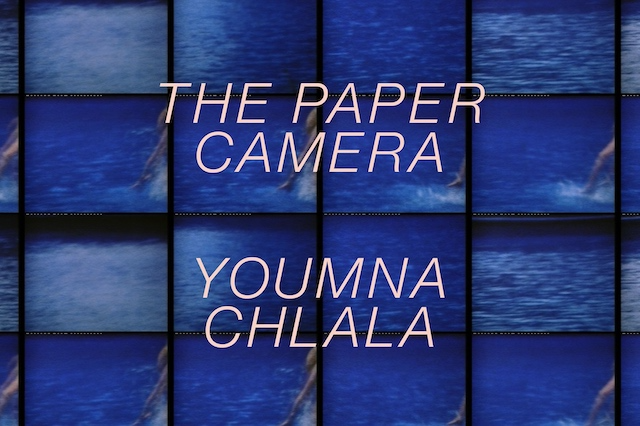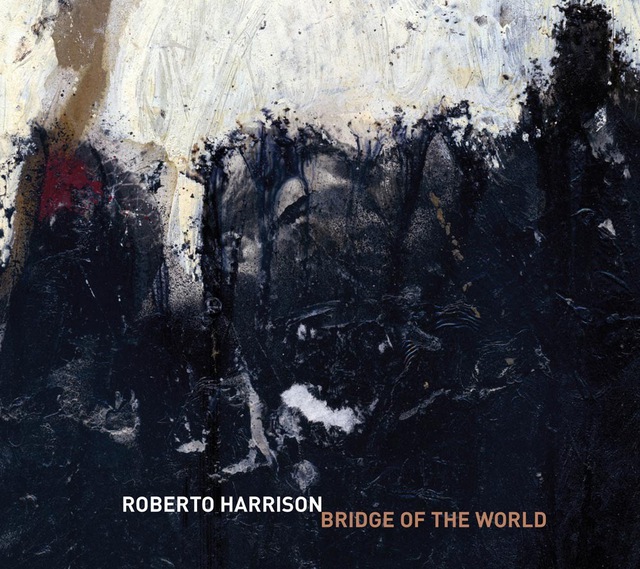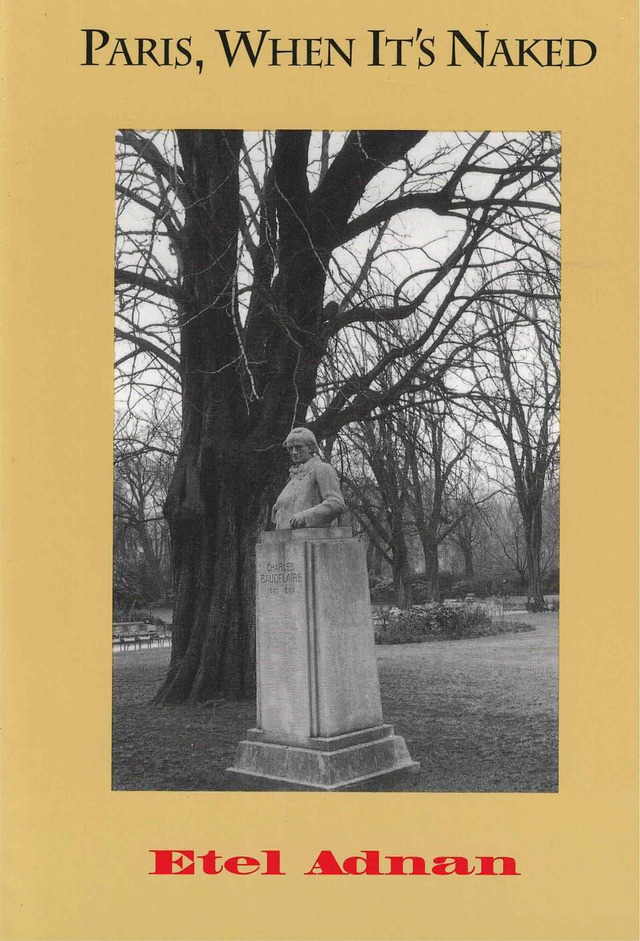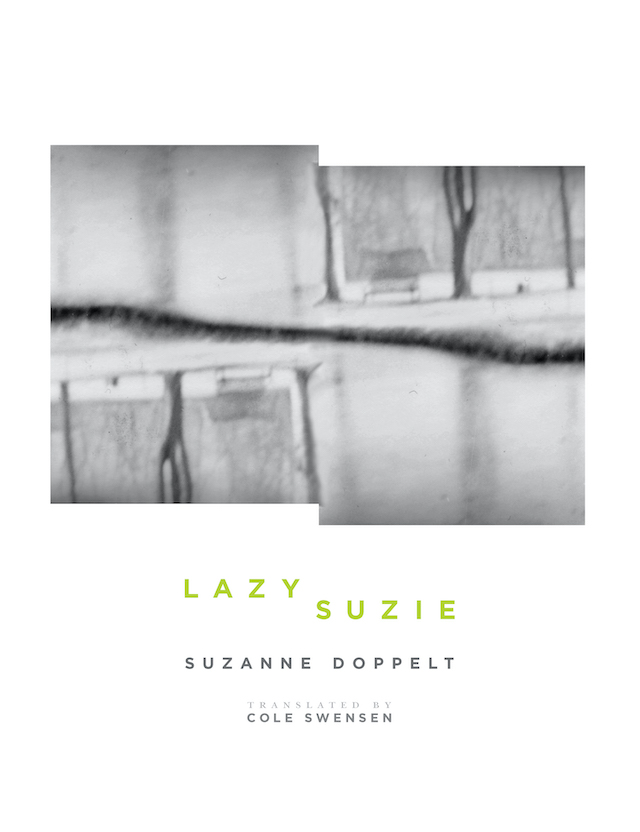“Beauty is back, rejoice!” So ends The Paper Camera, Youmna Chlala’s flickering catalog of Beirut and other cities, where loss and longing are interspersed with vignettes of intimacy: family members make salad and go swimming; lovers observe each other with a languorous curiosity; childhood objects resurface. Charting the absence between unrecoverable points of origin and migrating bodies, The Paper Camera is a multilingual, hybrid text that explores how the boundaries of a city map themselves onto language and memory, while poetry proposes a new cartography. “First, we had to learn each other’s languages. / This was the longest, most loving trial. / Then we undid our own.”
Youmna Chlala
Praise for The Paper Camera
This is a remarquable ‘camera’ work where the film keeps moving along people who’re running from city to city, continent to continent, directed by ‘a young girl (who) sticks her tongue out of a gun.’ Covering, and uncovering Lebanon, she extracts a remarkable poetry from a continuously exploding war.
— Etel Adnan
Vigorously rangy and adventurous, this is a book that locates human dignity in daily detail and, in turn, tracks the minute ways that our most mundane moments are informed by ancient sources of human integrity, from Gilgamesh to sharing a meal. The triangulation of two verbal languages and one visual one underscores a dynamic based on constant displacement, creating a structural echo of the work’s abiding focus on the cultural disruption created by exile in its myriad forms and causes. Most of the visual images are of windows, often taken from the outside looking in, offering a strong metaphorical through-line; we may be outside-looking-in, but we can see—not what’s on the other side of the window, but something beyond it; it’s a book that sees beyond the readily visible and uses that to see in more intricate ways.
— Cole Swensen
Youmna Chlala shows us that a book taking place in one location—be that a language, a city, between a certain set of pages—is always also unfolding some place else (in another language, a different city, in a photograph rather than a book), and it’s this double-occurring of sight and reach and render that most closely approximates what we have inherited and what we have passed on in this life of violence and remembering. The Paper Camera is a conductive force, flaring and deeply moving.
— Renee Gladman





Surprisingly perhaps, the poignant and (fittingly) disorienting collage of moments and memories that is The Paper Camera ends with something of an apotheosis of language itself, of the energy of words in which the poet has recovered or constructed a home-between-worlds.
—Mark Scroggins, Hyperallergic
This is pollination, this is translation in bloom— the film is translated into photograph, the city is translated into film, into photograph, into text, into language. The city is in Arabic, the city is in French. The city is Beirut, the city is Paris. The writing is drawing, the drawing is dancing, and the dancing is translation. This equation, as presented in the final poem, is the essence of the physics of memory, of the mechanics of the camera: “→speed + instantaneous = no place.”
— Lyric Hunter, Brazos Bookstore